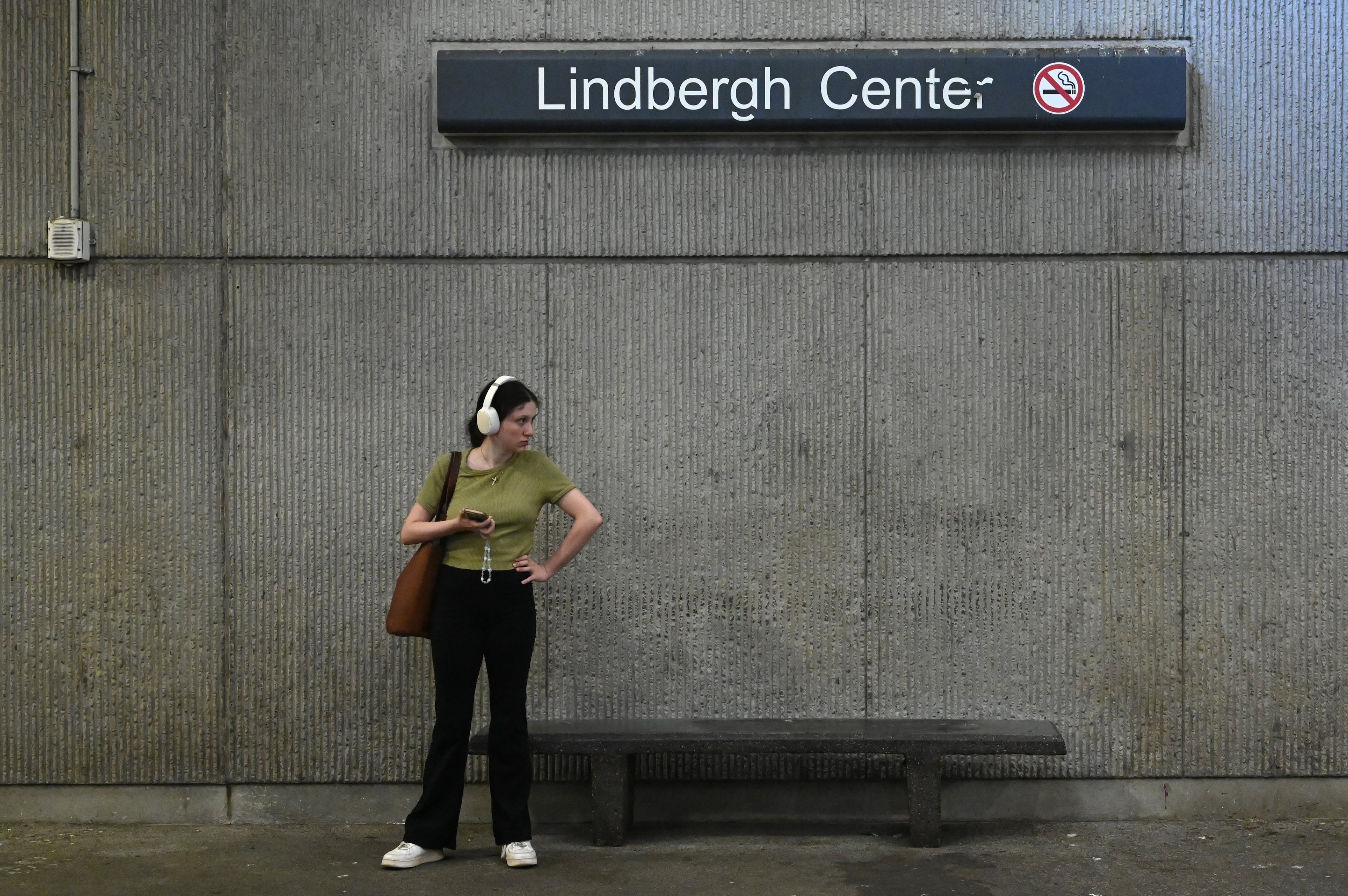Foreclosures trend down heading into spring
Myajc.com
To read the AJC’s latest stories on the housing market in metro Atlanta, visit our premium website for subscribers at www.myAJC.com/business. It’s the only place you’ll find this content.
Foreclosure notices filed this month continue to point toward a healthier housing market going into the spring buying season – but sales are still dampened by limited inventory and a lack of young buyers.
At 1,933, notices were at the lowest level for any February since 2001, according to a report provided to the Journal-Constitution by Equity Depot.
While that is up from January, the trend line through the fall and winter has been consistently lower, said Barry Bramlett, president and CEO of the Kennesaw-based company.
This month’s filings are nearly 20 percent lower than they were in February of last year. And they are 82 percent down from February of 2011.
A decline in foreclosure notices is both a symptom and a cause.
As a symptom, it is the result of a stronger economy and several years of very cautious lending. But looking forward, it signals fewer distressed properties flowing into the market, which likely means that strong demand will meet limited supply – a formula for higher prices as the spring buying season heats up.
“Spring is always a good time, and I think it will continue that way this year,” said Rand Fisher, associate broker at Engel & Völkers Buckhead Atlanta.
Falling foreclosures also reflect better job growth, he said. “The economics of Atlanta are positive and people have the ability to buy again.”
On average, home prices in metro Atlanta should keep rising at a roughly 5 to 7 percent annual rate, Fisher said.
Foreclosure notices do not always mean the loss of a home. Sometimes, the owner pays what is owed and keeps the home from being sold at auction the next month.
Equity Depot has estimated that up to half of properties whose owners get notices end up being sold. But whether the homeowner ends up losing the house or not, notices are a barometer of stress as borrowers have trouble making monthly payments.
Between 2006 and March 2014, around 235,000 homeowners —- roughly 12 percent of all metro households —- lost homes to foreclosure, according to ViaSearch, an Atlanta-based market research company.
New buyers are needed to rejuvenate the Atlanta market, said Jeanette Schneider, senior vice president at RE/MAX Regional Services in Alpharetta.
Some foreclosed homeowners are now trickling back, she said. “It depends on when they were foreclosed on. If it was at the front end of the cycle, they are getting to the point where they can get back into the market.”
But there is also the much-discussed reluctance among millennials to buy a home.
Metro Atlanta has roughly 162,185 renters aged 25 to 34 who could afford to buy a home, according to an estimate by Down Payment Resource, said Tracey Shell, vice president.
Getting credit is still an issue for some.
According to a study by Zillow, the real estate research firm, just over 12 percent of mortgage loan requests in metro Atlanta are rejected. The rejection rate is nearly 20 percent for Latino applicants and 25 percent for blacks, Zillow said.
But even many of those who could afford homes and win loan approval are simply not buying, said Josh Moffitt, president of Atlanta-based Silverton Mortgage Specialists.
“First-time homebuyers are the engine that makes housing go,” he said. “But the rate of first-time homebuyers is one of the lowest in history and that is the biggest reason that housing hasn’t taken off.”


